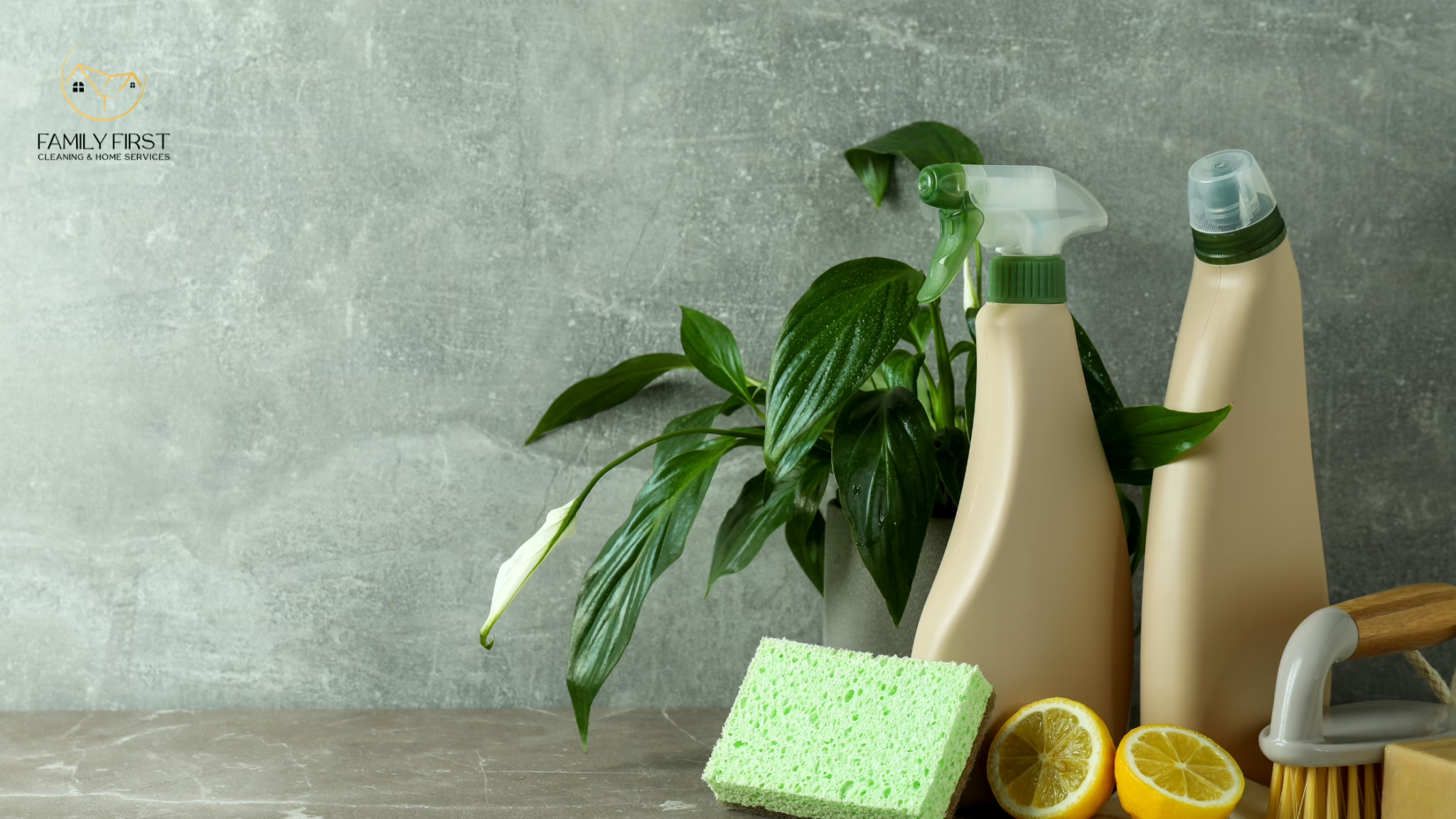Rubber gloves are a household staple, offering protection from grime, chemicals, and bacteria. Whether you’re scrubbing dishes, deep-cleaning the bathroom, or handling messy chores, these trusty gloves shield your hands. But what about the gloves themselves? Learning how to clean rubber gloves is essential to keep them hygienic, odor-free, and long-lasting.
In this guide, we’ll explore the best ways to clean rubber gloves, prevent odors, and maintain them for repeated use. Spoiler: a little TLC goes a long way in extending the life of your gloves.
Why Cleaning Rubber Gloves Matters
Rubber gloves might seem low-maintenance, but neglecting their care can lead to:
- Bacteria buildup, especially after handling dirty surfaces.
- Bad odors caused by moisture and grime.
- Damage to the rubber, reducing their effectiveness.
Taking a few minutes to clean your gloves after each use is a simple way to ensure they stay in top condition.
Step-by-Step Guide on How to Clean Rubber Gloves
1. Rinse After Use
The first step in how to clean rubber gloves is rinsing them thoroughly after each use:
- Hold the gloves under running water to remove visible dirt, soap, or cleaning agents.
- Pay special attention to the fingertips and crevices where debris can hide.
Rinsing prevents residue buildup, which can degrade the rubber over time.
2. Wash with Soap
After rinsing, wash your gloves to eliminate bacteria and stubborn grime:
- Use a small amount of mild dish soap or liquid hand soap.
- Lather the gloves by rubbing them together, much like washing your hands.
- Make sure to clean both the inside and outside of the gloves.
This step not only cleans the gloves but also helps maintain their flexibility.
3. Remove Stubborn Stains
For gloves used in heavy-duty tasks, stubborn stains or grime may require extra attention:
- Use a soft-bristle brush or sponge dipped in soapy water to gently scrub away dirt.
- Avoid abrasive pads or harsh chemicals, as they can damage the rubber.
If needed, soaking the gloves in a cleaning solution for a few minutes can loosen tough spots.
4. Rinse and Dry Thoroughly
Once the gloves are clean:
- Rinse them under running water to remove any soap or cleaning solution.
- Shake off excess water and pat the gloves dry with a clean towel.
- Turn the gloves inside out to dry the inner surface completely.
Proper drying is crucial to prevent mold and bacteria growth inside the gloves.
Deep Cleaning Rubber Gloves
For rubber gloves used in messy or high-bacteria tasks, occasional deep cleaning is essential.
Soaking Method:
- Mix equal parts water and white vinegar in a bowl or sink.
- Submerge the gloves and let them soak for 15-20 minutes.
- Rinse thoroughly with clean water and air-dry.
Baking Soda Method:
- Sprinkle baking soda inside and outside the gloves before rinsing. This neutralizes odors and removes tough grime.
Deep cleaning not only sanitizes your gloves but also helps eliminate lingering smells.
Preventing Odors in Rubber Gloves
Rubber gloves can develop an unpleasant odor over time, especially if not dried properly. Here’s how to keep them fresh:
- Use Baking Soda: Sprinkle a small amount inside the gloves before storing them.
- Dry Thoroughly: Ensure both the inside and outside are completely dry before putting them away.
- Store Properly: Keep the gloves in a cool, dry place, away from direct sunlight or heat, which can cause cracking.
Tips for Storing Rubber Gloves
Proper storage is as important as cleaning when it comes to preserving rubber gloves:
- Avoid folding or crumpling the gloves, as this can weaken the material.
- Hang them by the cuffs or lay them flat in a drawer.
- Use talcum powder or cornstarch to prevent the gloves from sticking together.
When to Replace Rubber Gloves
Even with the best care, rubber gloves have a limited lifespan. Replace them if you notice:
- Holes, tears, or thinning areas.
- A sticky texture that doesn’t improve with cleaning.
- Persistent odors or mold that can’t be removed.
Knowing how to clean rubber gloves ensures they last as long as possible, but be mindful of wear and tear.
Common Mistakes to Avoid
- Skipping Cleaning: Dirty gloves harbor bacteria, which can transfer back to your hands.
- Using Harsh Chemicals: Strong detergents or bleach can damage the rubber.
- Storing Damp Gloves: Moisture leads to mold and unpleasant odors.
Why Rubber Glove Maintenance Is Worth It
Taking a few minutes to clean and store your gloves properly saves money and ensures they remain a reliable barrier against dirt and germs. Plus, let’s be honest—no one wants to put on gloves that smell like last week’s dinner cleanup!
Professional Cleaning Help
Keeping gloves clean is one thing, but maintaining your entire home can feel overwhelming. That’s where professional cleaning services like Lone Tree cleaners come in. Their expert team ensures your space stays spotless, giving you more time for what truly matters.
External Resources for Further Reading
For more cleaning and maintenance tips, check out the CDC’s Household Cleaning and Disinfection Guide.




